Description
Concise Guide to the Internet of Things — A Hands-On Introduction to Technologies, Procedures, and Architectures
Concise Internet of Things Guide. This hands-on course walks you through IoT architectures, edge devices, communication protocols, cloud integration, and security. Moreover, you will complete practical labs that build real systems; therefore you’ll graduate with portfolio-ready projects and usable skills.
Course Overview
In this compact yet comprehensive course, we focus on core IoT concepts and then expand into practical workflows. First, we introduce hardware platforms and sensors, and next we explain networking layers and protocols such as MQTT and CoAP. Furthermore, we cover cloud connectivity, data ingestion pipelines, and security best practices. Finally, you assemble an end-to-end IoT proof-of-concept using common tools and affordable hardware.
What You’ll Learn
- IoT fundamentals: architectures, reference models, and terminology.
- Edge devices and sensors: selection, interfacing, and data acquisition.
- Networking & protocols: MQTT, CoAP, HTTP, and low-power wide-area technologies.
- Cloud integration: ingestion, storage, visualization, and serverless workflows.
- Security essentials: device authentication, encryption, and secure provisioning.
- Data processing: stream handling, basic analytics, and visualization dashboards.
- Hands-on projects: build, deploy, and monitor an end-to-end IoT system.
Course Format & Materials
This course uses concise video lessons, downloadable lab guides, and sample code repositories. Each module contains practical exercises, and therefore you can follow along with low-cost hardware. In addition, we provide configuration scripts and a final capstone project to showcase your new skills.
Requirements (Prerequisites)
- Basic familiarity with computers and the internet.
- Some programming experience (Python or JavaScript preferred), because you will write device and cloud code.
- Access to a computer with USB and a simple IoT board (e.g., ESP32 or Raspberry Pi) is helpful, though we provide simulator alternatives.
Who Should Enroll
This course suits beginners who want a practical path into IoT, developers seeking to add IoT to their skillset, and technical managers who need to evaluate IoT projects. Moreover, students and hobbyists will find the labs approachable and useful for real-world experimentation.
Learning Outcomes
By course end, you will:
- Design simple IoT architectures and choose appropriate protocols.
- Build and program edge devices to collect and transmit sensor data.
- Integrate devices with a cloud platform and visualize telemetry.
- Apply basic security measures to protect device and data flows.
About the Publication / Instructor Bio
Created and curated by experienced IoT practitioners, this course combines industry best practices with classroom-tested labs. The author has delivered hands-on IoT workshops for engineers and educators; consequently the material focuses on clarity, practicality, and measurable outcomes.
Explore These Valuable Resources
- Wikipedia — Internet of Things (overview)
- AWS IoT — Cloud services and resources
- Raspberry Pi — IoT documentation and tutorials
Explore Related Courses
- Explore Related Courses
- Explore Related Courses
- Explore Related Courses
- Explore Related Courses
- Explore Related Courses
Why Choose This Course?
We designed this course to be concise, practical, and project-focused. Therefore, you spend less time on theory and more time building functional systems. Additionally, our step-by-step labs help you move from concept to working prototype rapidly, and consequently you can apply your skills in real projects or interviews.
Call to Action
Enroll today to start building IoT solutions with confidence. Moreover, join the student community to get feedback on your projects, and then publish your capstone to demonstrate your skills to employers or clients.

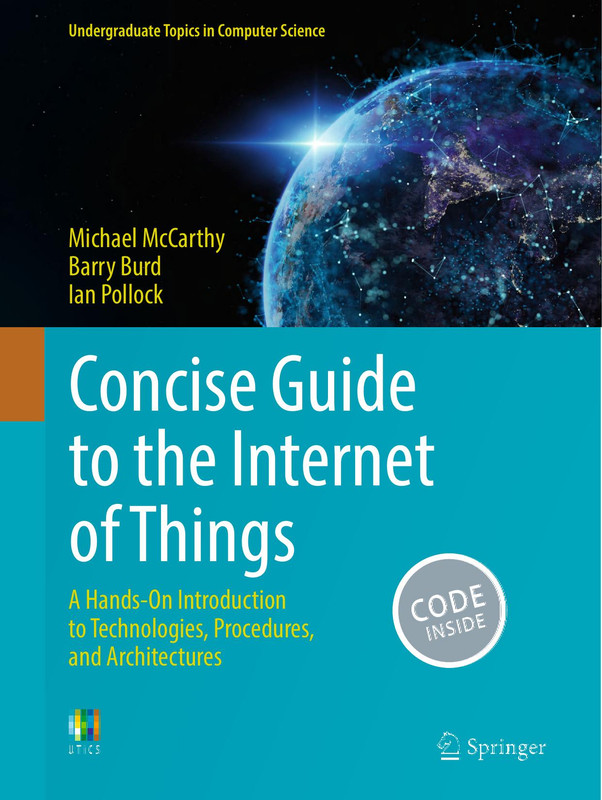
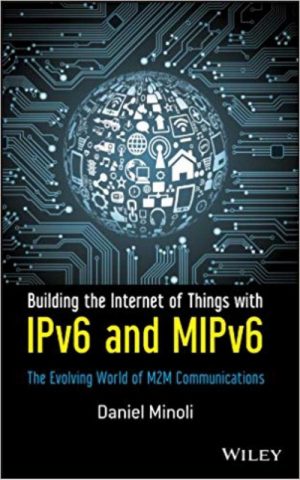

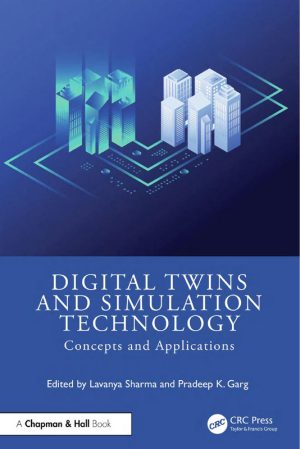

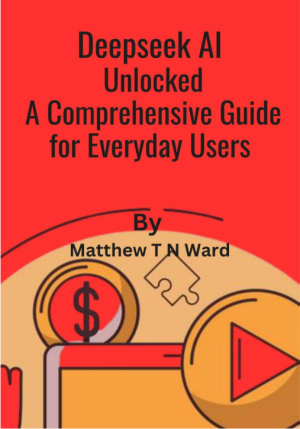
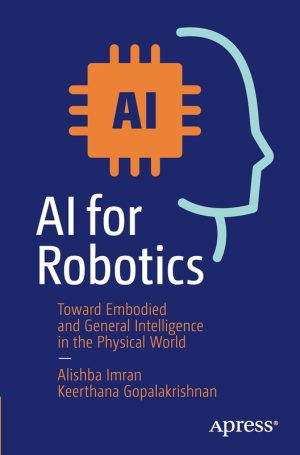
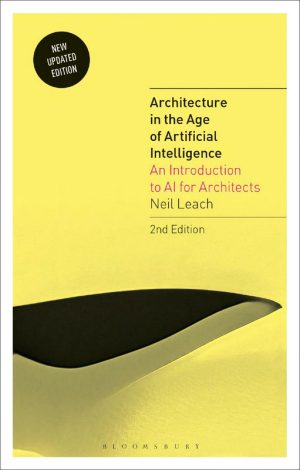
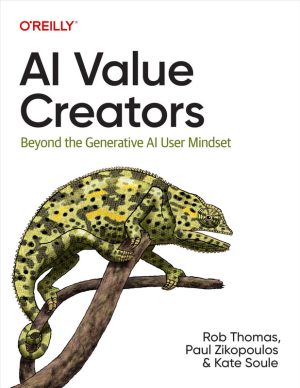

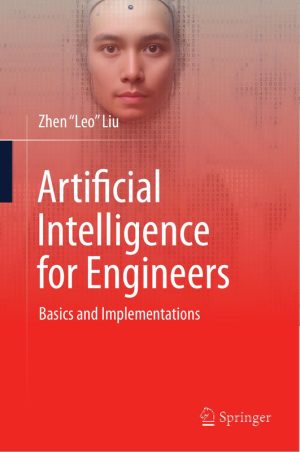
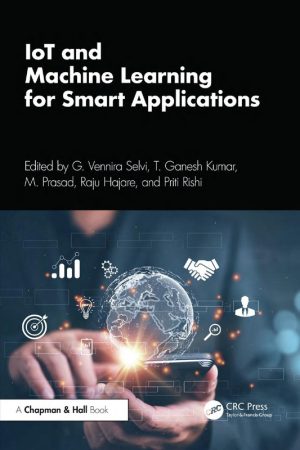





Reviews
There are no reviews yet.